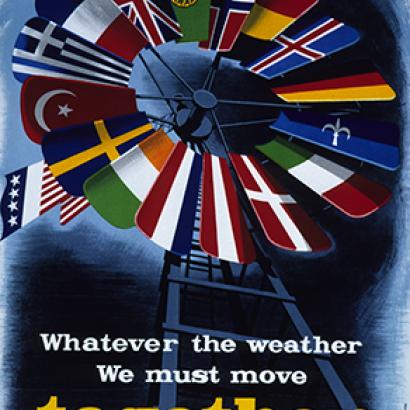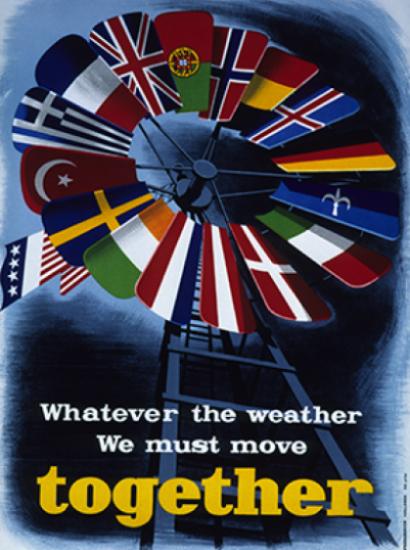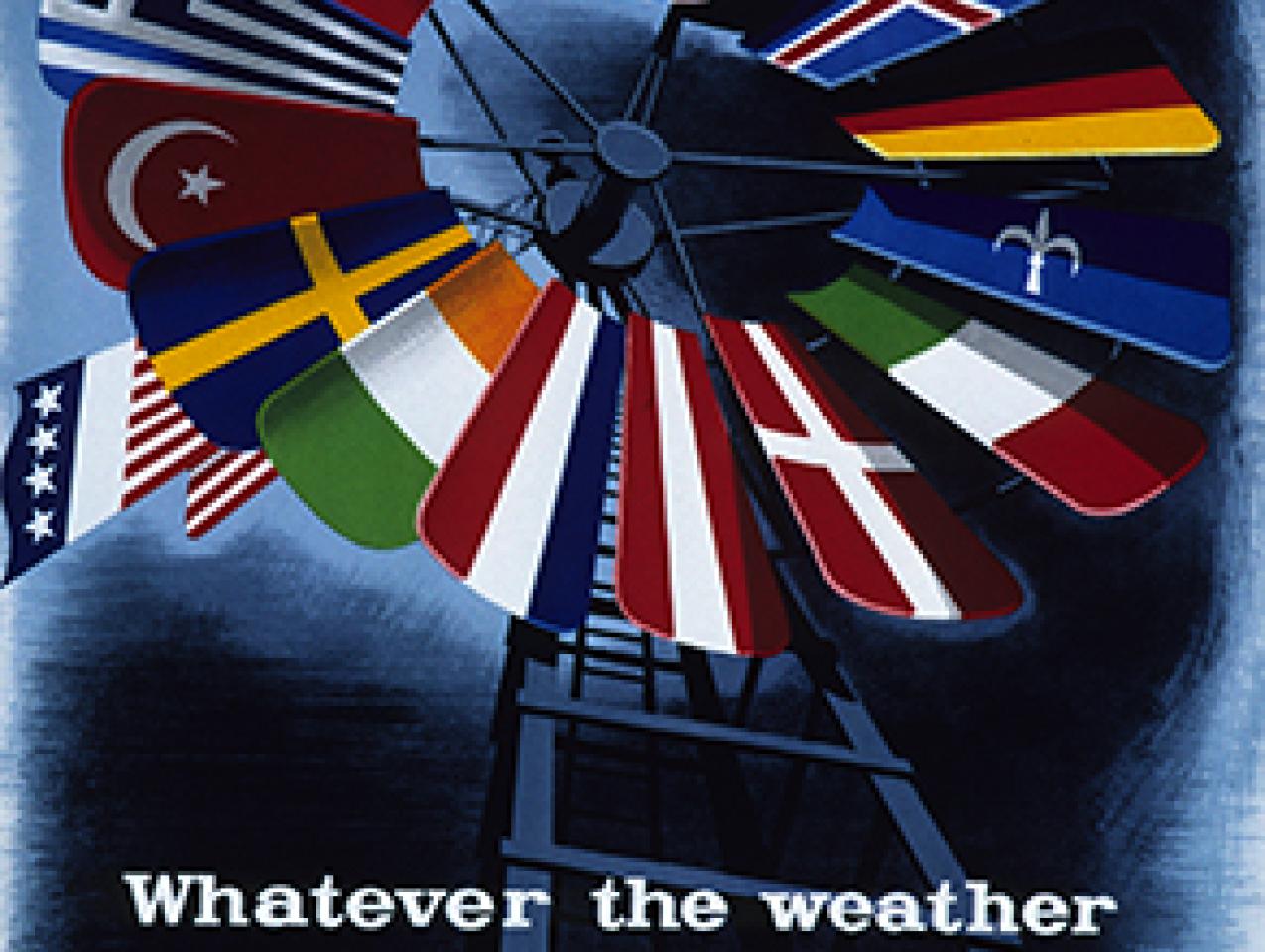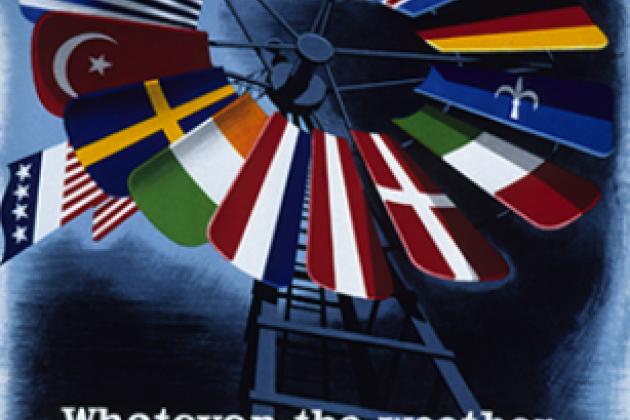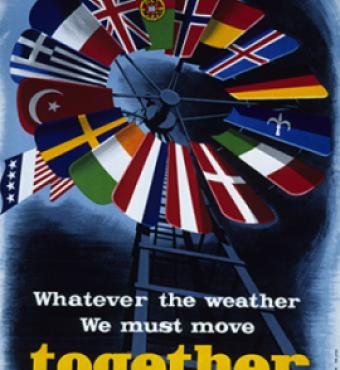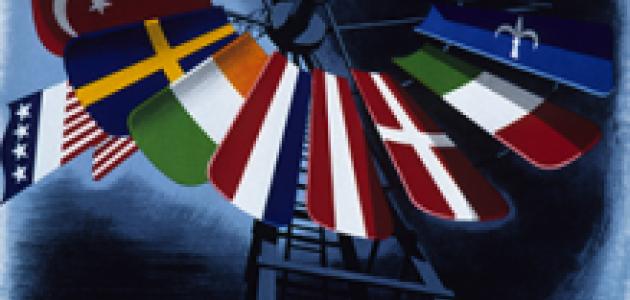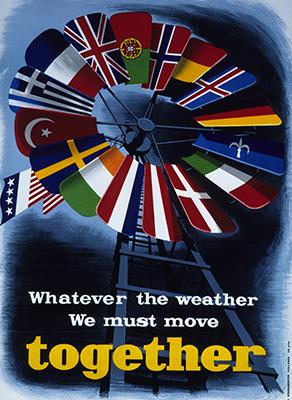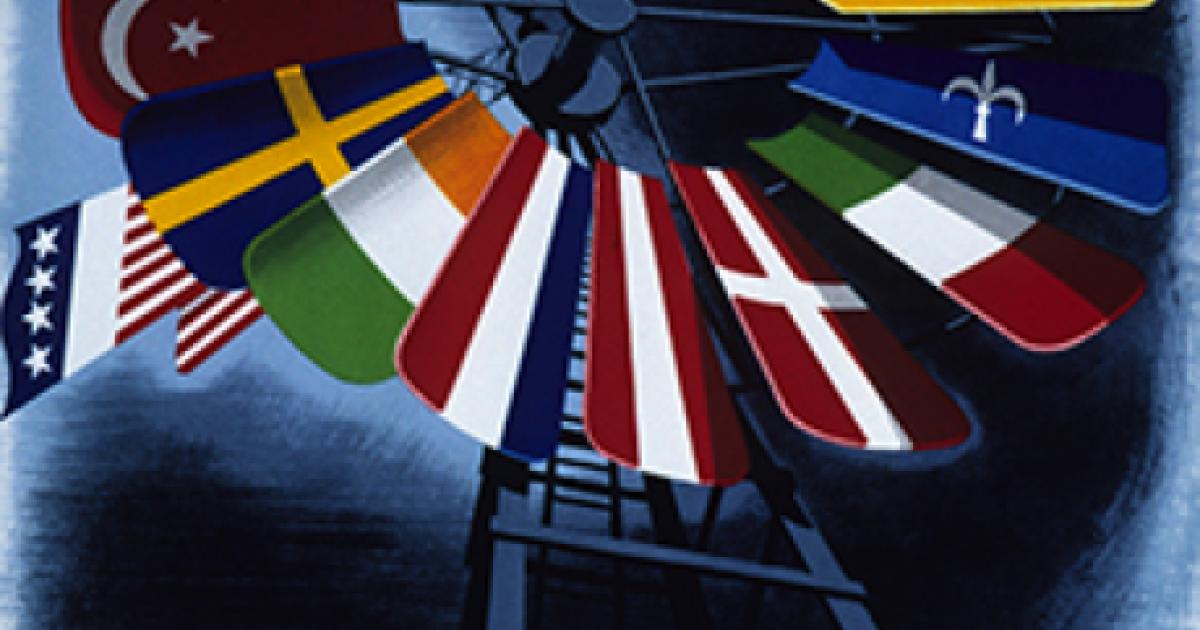- Energy & Environment
- History
- Military
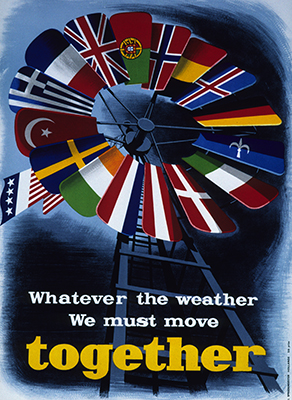
On August 9, the UN-appointed Intergovernmental Panel on Climate Change released a sobering report on the warming of the Earth’s atmosphere, noting that substantial effects of a 1.1-degree Celsius rise in global temperature since the 19th century are already apparent—as anyone suffering through floods in Europe, wildfires in California, record-breaking heat, or increasing numbers of extreme weather events could probably attest. Furthermore, a rise in global temperatures to more than 1.5 degrees Celsius above preindustrial levels is virtually inevitable and likely to occur sooner rather than later. As the atmosphere heats up beyond this level, billions of people will suffer from water shortages, extreme climate events will become commonplace, species will die off, coral reefs will disappear, and oceans will rise, displacing hundreds of millions of people currently living in low-lying coastal areas.
Climate change will bring tragic humanitarian consequences to the planet, but what impact will it have on international security? To provide a glimpse into the potential for conflict in a changing global environment, it is instructive to look back at the last major period of climate change—the Little Ice Age of the 17th century. As Geoffrey Parker has detailed in his masterful book, Global Crisis: War, Climate Change & Catastrophe in the Seventeenth Century (Yale University Press, 2013), the period from 1618 to 1690 witnessed conflict and human suffering on a massive scale as parts of the planet cooled by as much as 1.5 degrees Celsius, killing upwards of a third of humanity. Temperatures during this period were among the coldest recorded in human history, with several years in which the lack of summer warming truncated or eliminated the normal growing season, and with it the sustenance for millions upon millions of people.
The “General Crisis” of the 17th century featured war, rebellion, and famine across the world. In Europe, the Thirty Years War wiped out 20 percent of Europe’s population; in Central Europe, losses in some areas topped 60 percent. Asia witnessed similar climatic impacts and poor harvests, contributing to the fall of the Ming dynasty. Civil war and rebellion wracked the Mughal empire in India and feudal Japan. Africa and the Western Hemisphere suffered similar episodes of drought, freezes, floods, famine, and war. It is no coincidence that Thomas Hobbes published Leviathan, an argument for the absolute sovereignty of the state to prevent “the war of all against all,” in 1651 during the middle of this period of global cooling.
As Mark Twain declared, history does not repeat itself, but it does rhyme. The heating of the planet will bring consequences every bit as severe as planetary cooling did: mass migration, war, rebellion, famine, disease, and death on a global scale. Humankind has the technological wherewithal to mitigate some of the worst aspects of climate change, but nature will ultimately take its course. Collective action might yet avoid a future built on, in Hobbes’ words, “continual fear and danger of violent death,” leading to lives that are “solitary, poor, nasty, brutish, and short,” but the clock is ticking, and time is not on our side.







